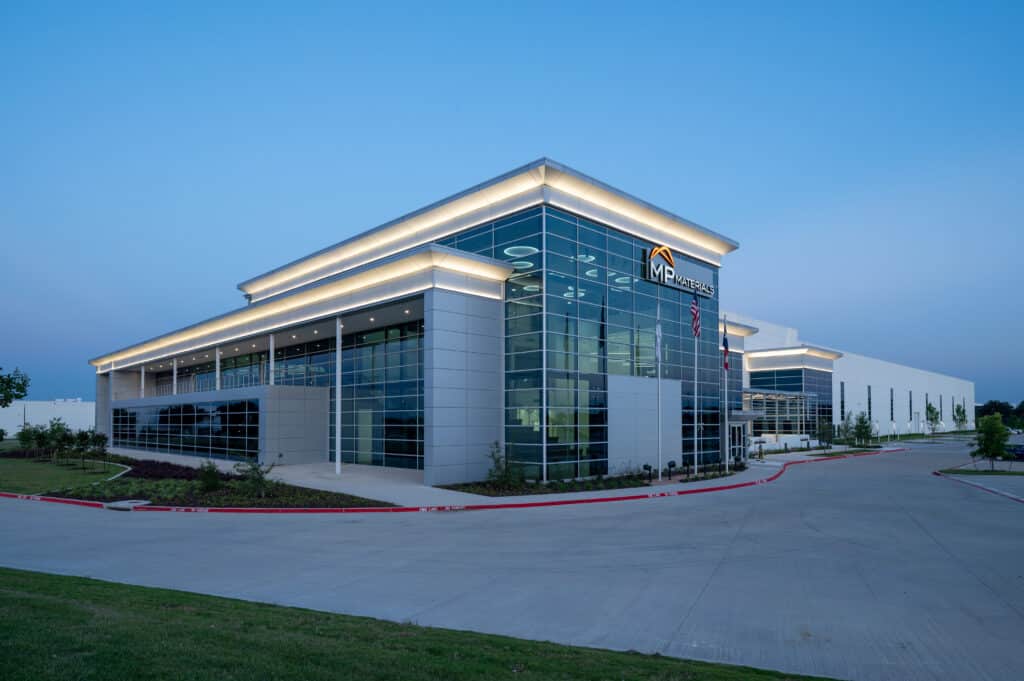Highlights
- MP Materials begins commercial production of NdPr metal and trial production of automotive-grade NdFeB magnets at Fort Worth facility.
- The facility aims to produce 1,000 metric tons of rare earth magnets annually, starting gradual production ramp in late 2025.
- Mountain Pass operation broke records in 2024, producing over 45,000 metric tons of rare earth oxides.
- MP Materials is positioned as the only scaled U.S. rare earth mining operation.
MP Materials (opens in a new tab) has begun commercial production of neodymium-praseodymium (NdPr) metal and trial production of automotive-gradeneodymium-iron-boron (NdFeB) magnets at its Independence facility inFort Worth, Texas. This marks a critical milestone in rebuilding a fully integrated U.S. rare earth supply chain, which has been almost entirely reliant on foreign sources for decades.
The facility aims to produce 1,000 metric tons of NdFeB magnets annually, starting a gradual production ramp in late 2025. The magnets are essential components for vehicles, electronics, defense systems, and renewable technologies.
The company’s upstream operation at Mountain Pass in California broke records in 2024, producing over 45,000 metric tons of rare earth oxides and 1,300 metric tons of NdPr oxide. This further solidified its role as the only scaled U.S. rare earth mining and processing operation. The Fort Worth facility integrates this supply with downstream manufacturing, offering a complete domestic solution for critical materials.
While MP Materials highlights its progress, the press release avoids addressing the broader competitive landscape, particularly China's dominance in rare earth processing and magnet production, supported by state subsidies and centralized policies. Despite this milestone, U.S. production remains constrained by high costs and a lack of competitive downstream refining capacity.
As the facility ramps up, questions remain about whether it can fully offset America’s dependency on China, which processes over 90% of global rare earth materials. Additionally, the timeline to achieve full production and delivery by 2025 underscores the challenges of scaling this vital industry.


0 Comments